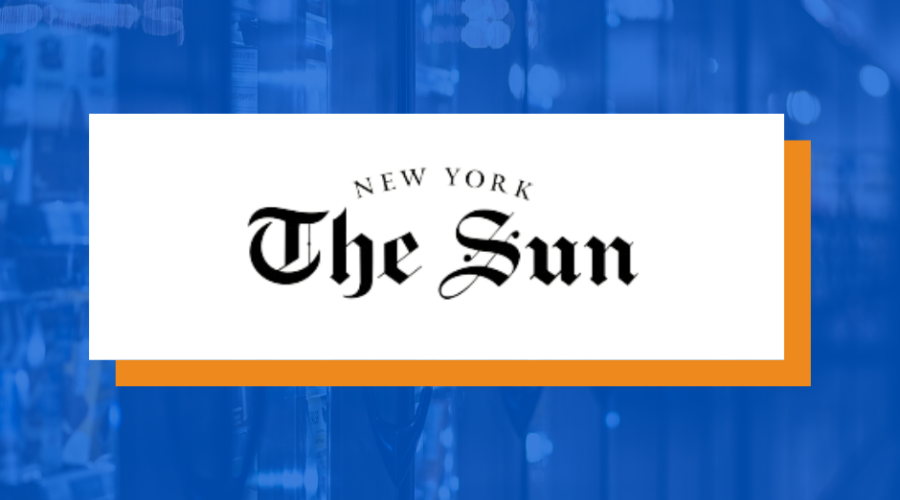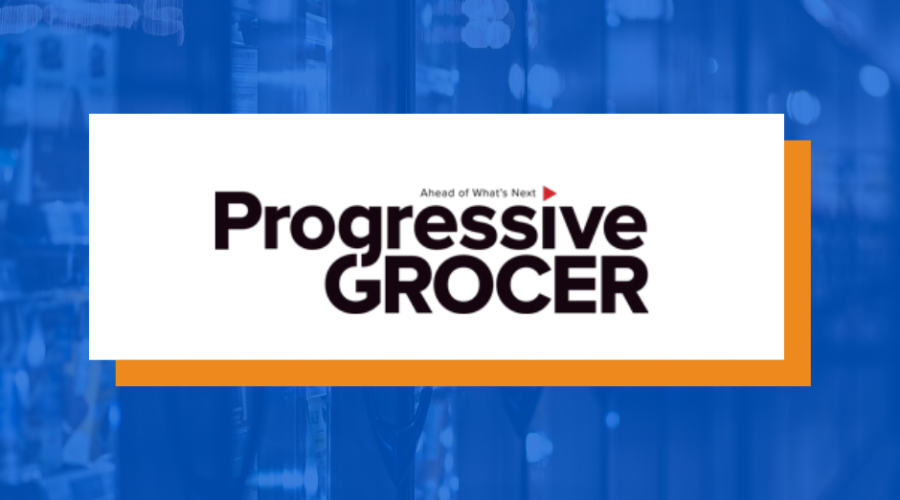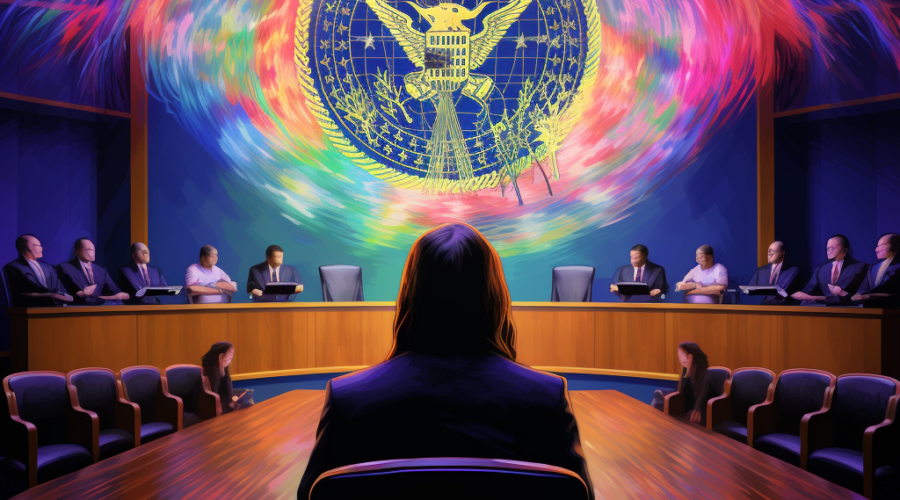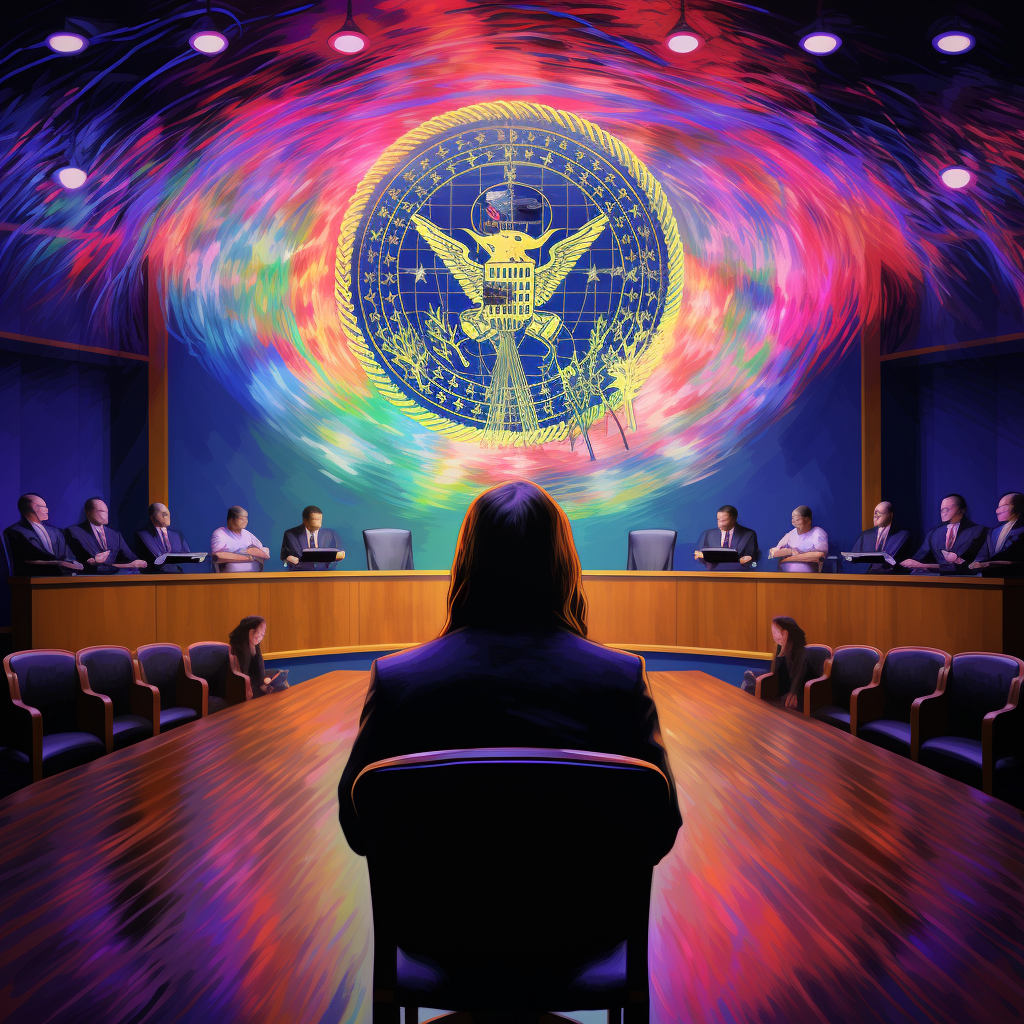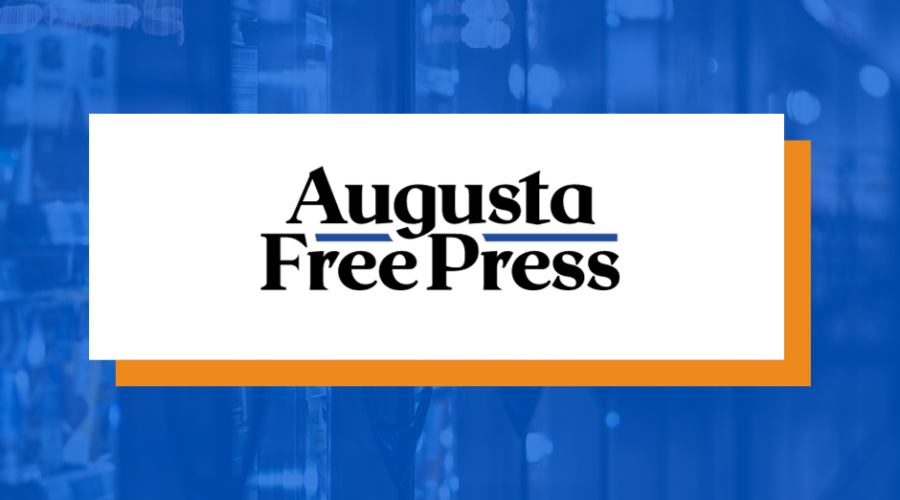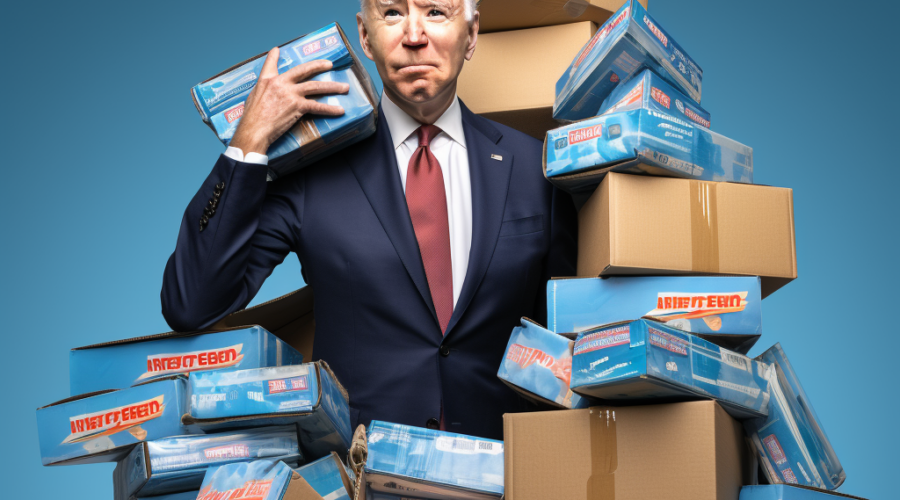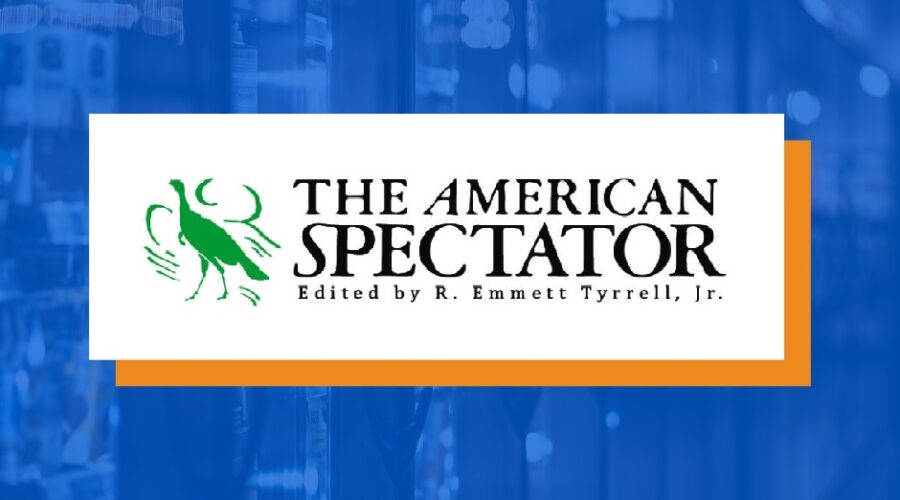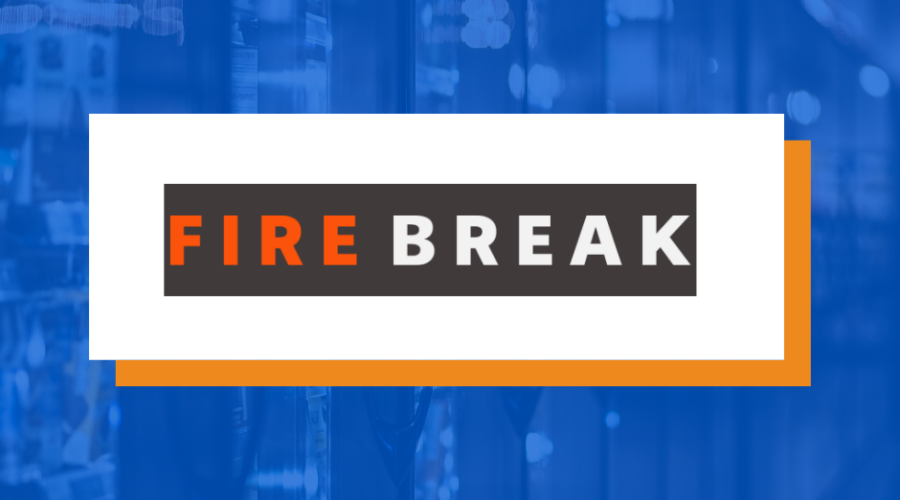Net Neutrality Rules Set To Be Reintroduced In The US
On September 26, the Federal Communication Commission (FCC) chairwoman Jessica Rosenworcel spoke at the National Press Club and said that she is a supporter of net neutrality. She proposed the revival of the net neutrality rules which had been rolled back in 2017 and said that the FCC would invite public comment on how restoring net neutrality rules can help ensure internet access is fast, open, and fair.
Under Rosenworcel’s proposal, the FCC would have the power to oversee broadband internet access as a “telecommunications service” under Title II of the Communications Act. Title II of the Communications Act gives the FCC clear authority to serve as a watchdog over the communications marketplace and look out for the public interest.
What were the US’s net neutrality rules?
Net neutrality principles ensure that all online service providers are treated equally. The net neutrality rules that the US had pre-2017 said three simple things:
- No blocking: Internet service providers (ISPs) should not block users’ access to certain platforms/websites.
- No throttling: ISPs cannot single out internet traffic based on where its coming from or who it’s going to.
- No paid prioritization: ISPs cannot accept money to speed up access to a certain platform or service.
“I believe this repeal of net neutrality put the agency on the wrong side of history, the wrong side of the law, and the wrong side of the public. It was not good then, but it makes even less sense now,” Rosenworcel said discussing the repeal of these rules in 2017. Her proposal claims that it will return to these rules and will ensure that “broadband service is on par with water, power, and phone service; that is: essential.”
Read the full text here

